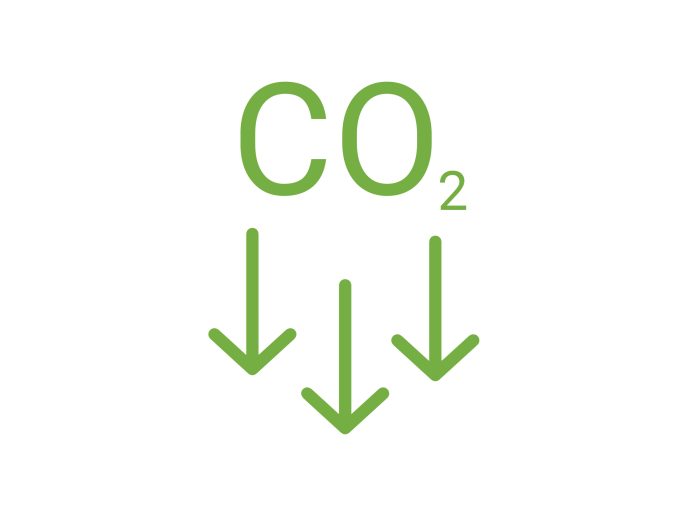Becoming climate-neutral by 2050
DEUTZ has set its sights on becoming a climate-neutral company by no later than 2050.

Climate change is a pressing matter for our industry and our customers, and of course for DEUTZ too. We have committed to becoming a climate-neutral company by 2050, and will be overhauling our entire process chain – from development and procurement to production and maintenance – as we shift to a zero-emission model. This is our contribution to achieving the 1.5 °C target set out in the Paris climate agreement.
Right now, we are working with our customers to make our product ecosystem carbon-neutral. Because our drive systems power industries that produce significant carbon emissions, this is a big challenge, but one that we also see as a big opportunity. Our aim is to harness this potential. Whereas some industries have already reached consensus about how they will achieve carbon-neutrality, it remains uncertain what a carbon-neutral truck, digger or tractor might look like. Drive systems that are constantly in use and move large loads could be based on a number of different technologies or combinations thereof.
Our experience, pioneering spirit, and strength in innovation – gained from 160 years of engine development – are giving us a head start as we pursue various approaches covering a range of technologies. These approaches include:
- Developing climate-neutral variants of the internal combustion engine, for example using hydrogen or synthetic fuels. We are making very good progress on this front. Indeed, we are among the first manufacturers worldwide to go into volume production with a hydrogen engine. And virtually all of DEUTZ’s combustion engines are already approved for use with hydrotreated vegetable oils (HVO). HVO is an innovative biofuel produced from biological waste, slurry, and used cooking oils and fats, and is therefore not in competition with food production. The use of HVO fuels reduces the carbon footprint of DEUTZ’s internal combustion engines by up to 90 percent.
- Developing alternative drive solutions based on electrification and fuel cell technology. Progress is encouraging here too as we steadily move toward increasingly efficient and powerful solutions.
- Developing and building integrated ecosystems that will expand our portfolio and our value chains both in the off-highway and on-highway segment. We have, for example, successfully positioned our PowerTree mobile rapid charging station in the market.
Despite all the advances being made in the field of alternative drives, it’s clear that we need the internal combustion engine in order to keep the world moving, and we need it the way we use it now, at least for a transitional period. Synthetic fuels have the potential to extend this period considerably, and we aim to supply the best and cleanest engines possible – and to recycle and reuse materials in the process. To achieve this, we will be working closely with OEMs, actively contributing to the consolidation of the industry, and expanding our service offering.
No one company will be able to make the industry climate-neutral by itself. That much is clear. This is why we are relying on collaborations and partnerships within the ecosystem and leveraging our long-standing relationships as a supplier to various industries.
Our activities as a business are becoming more transparent as well. In 2024, we will be drawing up a detailed group-wide climate strategy that conforms to the EU’s Corporate Sustainability Reporting Directive (CSRD). Part of the strategy involves bringing our existing environmental KPIs and objectives into line with specific requirements on environmental, social and corporate governance issues in accordance with the European Sustainability Reporting Standards (ESRS). Our shareholders will then be in a better position to gauge the progress that we are making.